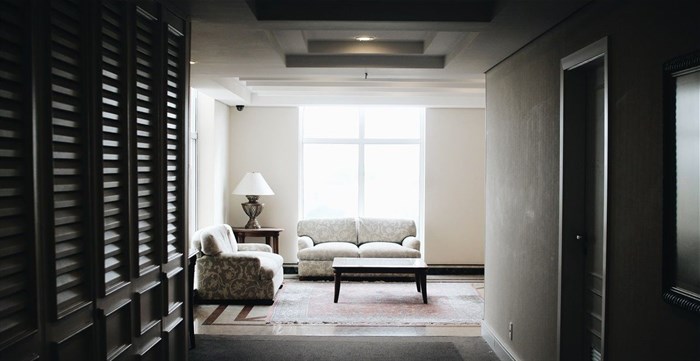
Commenting at the event, JLL’s executive vice president: hotels and hospitality group, sub-Saharan Africa, Xander Nijnens confirmed that, following a peak in the economic and hotel demand cycle in 2014, supply growth in East Africa has been at an unprecedented high level over the past three years. "The entrance of many global hotel operators has resulted in supply outpacing demand in many markets. The good news is that the market is turning, and a shrinking development pipeline will see hotel performance begin to improve."
Nijnens says the impact of the elevated supply growth across the region will likely continue to be felt in 2018, but strong demand fundamentals will improve hotel performance thereafter. "With the hotel sector rapidly maturing, there is increasing interest in acquisition opportunities in the region by foreign investors. We expect more hotel conversions to international brands in the coming years as owners seek broader distribution in a competitive market, while the budget and midmarket segments offer the best investment returns in the medium term."
According to the report, hotel performance in Nairobi is expected to remain under pressure in the short-to-medium term due to more than 2,000 rooms having entered the market in recent years. Long-term fundamentals are strong, with demand growth driven by high tourist arrivals growth, public sector support for tourism, new air routes and corporate expansion.
Addis Ababa has a large new supply pipeline of up to 4,000 rooms, yet many of the developments are stalled due to a lack of hard currency funding, which should ensure that the pipeline realisation remains manageable. Kampala continues to show good market conditions with limited supply on the horizon.
Dar es Salaam has experienced a softening of demand during the past year and will need improved corporate demand, as well as a recovery in government demand to boost hotel sector performance. Kigali has seen the highest level of new supply recently with some high-profile openings. The continued focus by the government to attract conferences and events will be critical to allow the market to absorb excess supply.
The completion of this current hotel development cycle should ensure that future supply growth will be more moderate, and through the product which is better geared to market demand as hotel investors gain more experience. "The region should see assets coming to market for sale which will bring some much-needed liquidity to the market where quality assets are tightly held. This should, in turn, add fresh capital into the sector," concludes Nijnens.